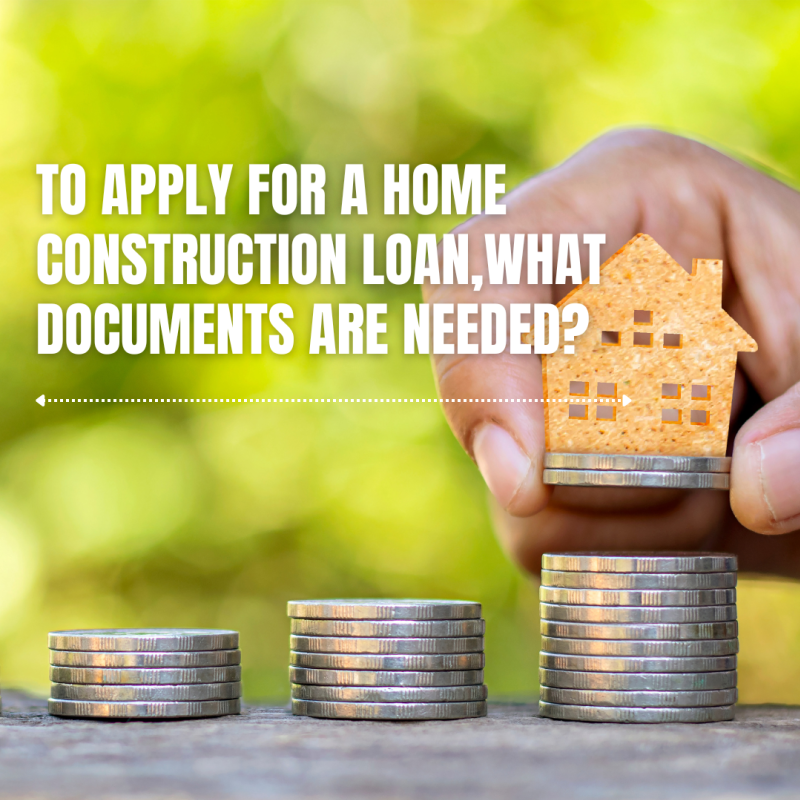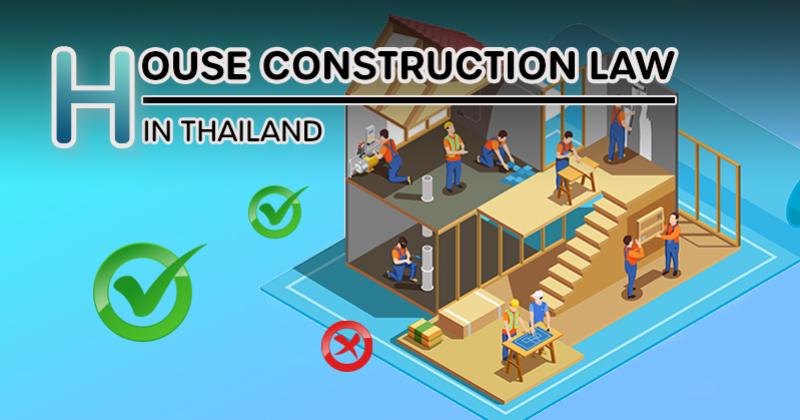
Created : 3 Jan 2024
"The process of obtaining a home construction loan requires what documents?"
When applying for a home construction loan, it is crucial not to overlook the documentation process if you want a prompt consideration. Once we submit a loan application for home construction, everyone wishes for the bank to assess it swiftly and determine approval. In this step, having all our documents prepared comprehensively is essential. If we have our documentation in order when submitting to the bank, the evaluation and approval process is likely to be expedited. This is because there won't be a need for the bank to request additional documents from us. So, what are the necessary documents that we should prepare before applying for a home construction loan? Let's go through them.
1.Preparing documents for a home construction loan
When applying for a home construction loan, or a loan for home improvement, in addition to assessing the borrower's income, the bank also needs details about the construction project. Besides documents showing income, such as:
In addition to the above documents, the bank will also review a second set of documents to assess the value of the construction project. This set typically includes:
2.House Plans
The initial document required when applying for a home construction loan is the house plans or blueprints. This is because banks or financial institutions need to assess the property appraisal and construction costs, even if the house has not been built yet. Preparing house plans or blueprints is a crucial step, as the bank needs to evaluate the value of the property and estimate the construction costs for the project.
3.Land Title Deed
Another crucial document when applying for a home construction loan is the land title deed. This document needs to be submitted along with the house plans to allow the bank or financial institution to assess the property's appraisal value and construction costs. The land title deed may not necessarily be in our name, but it is essential to confirm that we have the right to construct on this particular piece of land.This confirmation is vital for verifying that we have the authority to build on the specified area, even if the land title deed is not under our name.
4.Construction Contract Agreement
The evaluation of the construction budget for the entire project can be derived from the construction contract agreement. In the context of applying for a home construction loan, the bank will request to review this contract to ascertain the contracted amount. This is done to ensure that, upon loan approval, the funds will be allocated precisely as stipulated in the contract for construction costs.
The construction contract agreement serves as a crucial document for the bank to understand the agreed-upon amount, providing confidence that the approved loan will be utilized in accordance with the specified terms in the contract.
5.Construction Permit
Another essential document to submit when applying for a home construction loan is the construction permit. This permit can be obtained from the local district office in the area where the construction will take place. The construction permit serves as evidence that the borrower has the authorization to build in compliance with the law.
This document ensures that the construction of the house will adhere to legal requirements, providing assurance to the bank or financial institution that the construction will not pose any issues that might impact the approval of the home construction loan.
6.Personal Documents
Following are the personal documents that are relatively easy to prepare but need to be ready before applying for a home construction loan:
7.Financial Documents
In addition to personal documents and those related to the house being financed, financial documents are crucial in the home construction loan application process. Financial documents typically fall into two main categories: employed individuals and self-employed individuals.
For Employed Individuals:
For Self-Employed Individuals:

